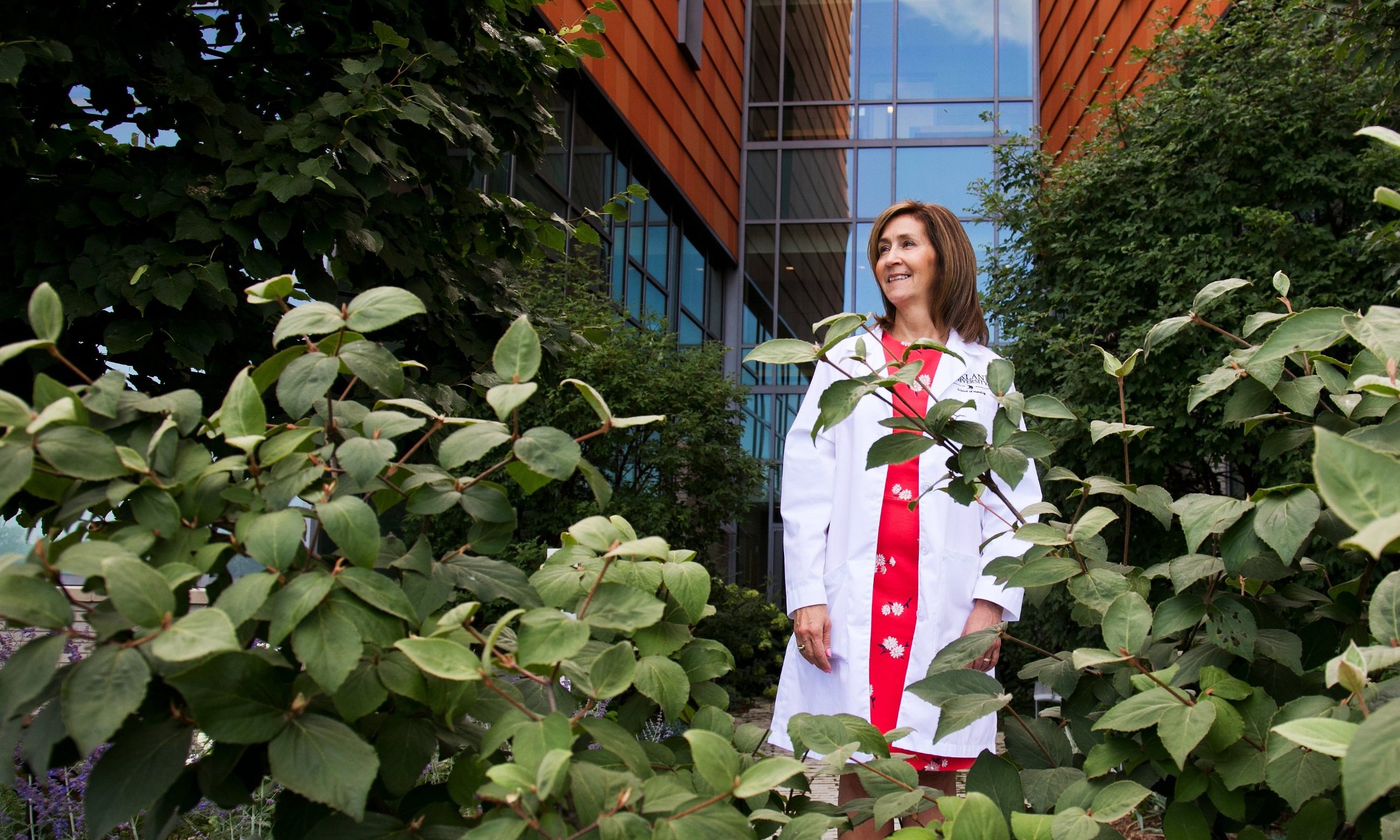Control Under Pressure
High emotional intelligence in nurses key to exceptional patient outcomes, professional longevity

Sitting in a hospital waiting room while a loved one is in surgery, we all have a similar hope. We want the medical team in that operating room to be the smartest, best trained and most capable group. However, according to OU School of Nursing (SON) faculty, Andrea Bittinger, DNP, CRNA, we should also want those professionals to have high emotional intelligence (EI).
“If you think about the operating environment, it has high stress conditions that can change on a dime. It can be overwhelming, when things are not going well and people are upset,” Bittinger explains. “You have to have control over your own emotions, filter out stress and communicate well.”
Emotional intelligence, in short, is the ability to perceive, understand, integrate and regulate one’s emotions. Bittinger, SON ’89, ’96 and ’18, has conducted innovative doctoral research that links EI to workplace stress levels for CRNAs, which may help to shed light on overall professional performance and longevity.
As Oakland University’s admissions and clinical coordinator for Oakland University – Beaumont Graduate Program of Nurse Anesthesia, Bittinger noticed subtle differences among her students. Although all capable and hardworking, for some, the rigors of the Certified Registered Nurse Anesthetist (CRNA) program may prove to be too much. “We struggled with identifying the intangibles in selecting candidates that have all the characteristics that make a student successful,” Bittinger recalls.
In 2015, Bittinger enrolled in the OU Doctor of Nursing Practice program. Around that same time she attended a professional conference, where she learned about emotional intelligence. “A light bulb went off in my head,” says Bittinger. “I thought, ‘This could be the missing piece we’re looking for.’”
Bittinger trained and became certified as an EI facilitator, making her able to assess and coach emotional intelligence, and is the only CRNA in the country with this certification. Bittinger applied this knowledge to her DNP research, and found that having high EI in certain crucial areas may lead to much more effective CRNAs, as well as happier professionals who stay longer in the profession.
According to SON Dean Judy Didion, RN, Ph.D., this research not only helps with the CRNA program admission decisions, but can also impact student learning. “There are opportunities to integrate strategies to develop an individual's EI through curriculum and professional development,” she says. “There is so much to learn about EI and the literature is supporting the importance of it for individual, program and workplace success.”
“Working with individuals, side-by-side as a health care team, as well as patients and families requires excellent communication skills, sensitivity to others’ needs and perspectives, as well as a sense of self understanding and reflection,” Didion continues. ‘We want to consider this as we shape the future nursing workforce.”


 November 20, 2019
November 20, 2019 By Laura Phillips
By Laura Phillips

